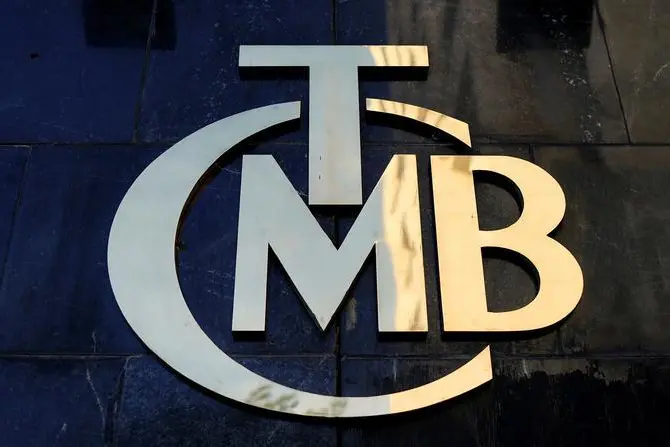PHOTO
ISTANBUL - Turkish stocks cratered again on Tuesday and the lira took a brief dive as investors, banks and local depositors sought to predict whether the central bank was on the verge of cutting interest rates after the weekend's leadership overhaul.
The currency plunged as much as 15% on Monday after President Tayyip Erdogan abruptly fired the hawkish central bank governor at the weekend and installed a critic of the country's tight monetary stance, including its 19% interest rate.
Opposition politicians seized on what they called a dangerous and baffling move by the president to oust a bank governor, Naci Agbal, who had gained market credibility as an inflation-fighter in less than five months on the job.
"The ridiculous steps you take, the unqualified people you appoint are not enough," Iyi Party chairwoman Meral Aksener said in parliament. "Every error you insist on carries us deeper into trouble ... We are on the verge of a balance of payment crisis."
The lira was flat at 7.81 against the dollar at 0748 GMT after earlier sliding by 1%. On Monday, it touched 8.485, near a record low, and has given up half its gains since Agbal was appointed in early November.
Circuit breakers briefly halted trading twice across the board on the Istanbul stock market, where the main index was down 7%. It dropped 10% a day earlier in its largest selloff since mid-2013.
Bank shares have led the stock selloff, while a spike in Turkish government bond yields to near a two-year high reflected uncertainty about where Sahap Kavcioglu, the new central bank chief, would direct monetary policy.
Kavcioglu sought to calm nerves on Sunday in a call with bank chief executives, in which he said policy would not change any time soon. But one banker said executives were unconvinced, and Turkish lenders have since been hesitant to price loans.
Some investors said they expected the bank to begin cutting rates at an April 15 policy meeting, after the third surprise central bank appointment since mid-2019.
Ratings agencies said risks were elevated around Turkey since Kavcioglu, a former ruling party lawmaker, has espoused the unorthodox view shared by Erdogan -- high interest rates cause inflation.
"The lack of information from the new governor to this point and the things he was writing about as recently as a week ago I think are reason for real caution on the part of everybody," said Blaise Antin, head of emerging markets sovereign research at TCW in Los Angeles.
"The currency is still pretty vulnerable and certainly likely to be volatile until there's some clear guidance."
In a statement Sunday, Kavcioglu, an ex-banker, said monetary policy would continue to focus on permanently lowering inflation, which was near 16% last month and has been in double digits for most of the last four years.
(Additional reporting by Rodrigo Campos in New York; writing by Jonathan Spicer; editing by Daren Butler, Larry King) ((daren.butler@tr.com; +90-212-350 7053; Reuters Messaging: daren.butler.thomsonreuters.com@reuters.net))





















